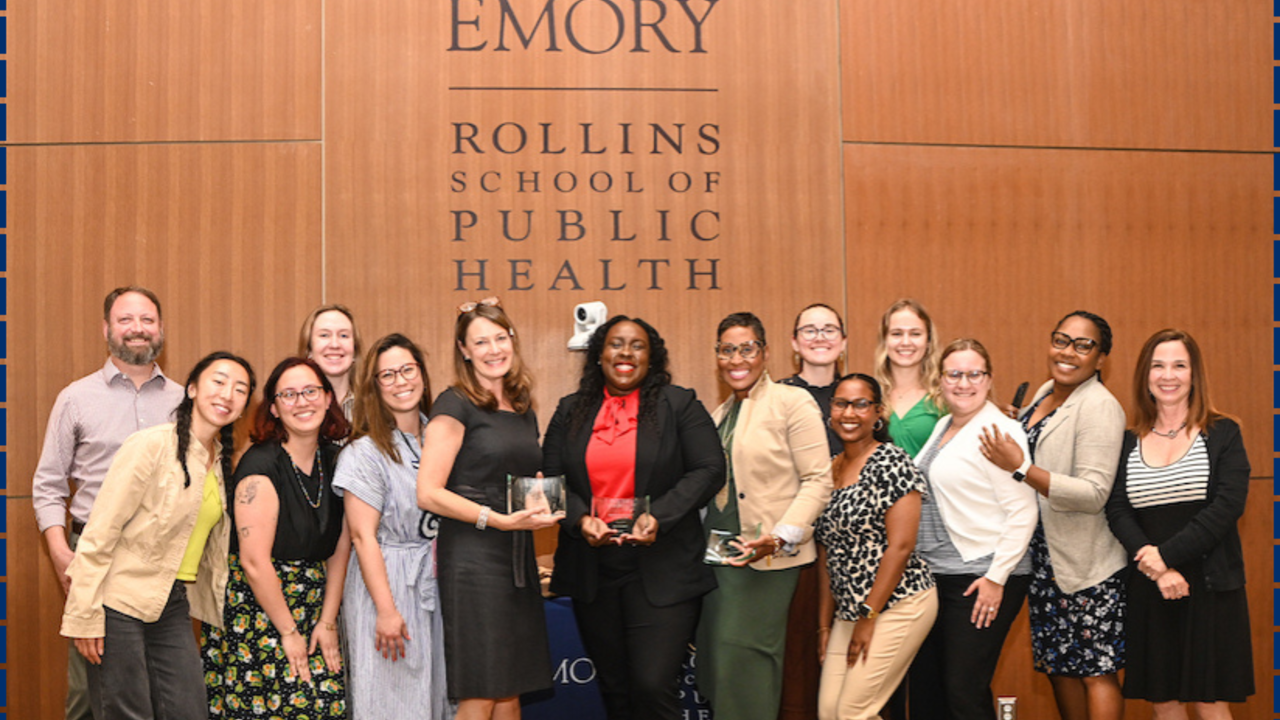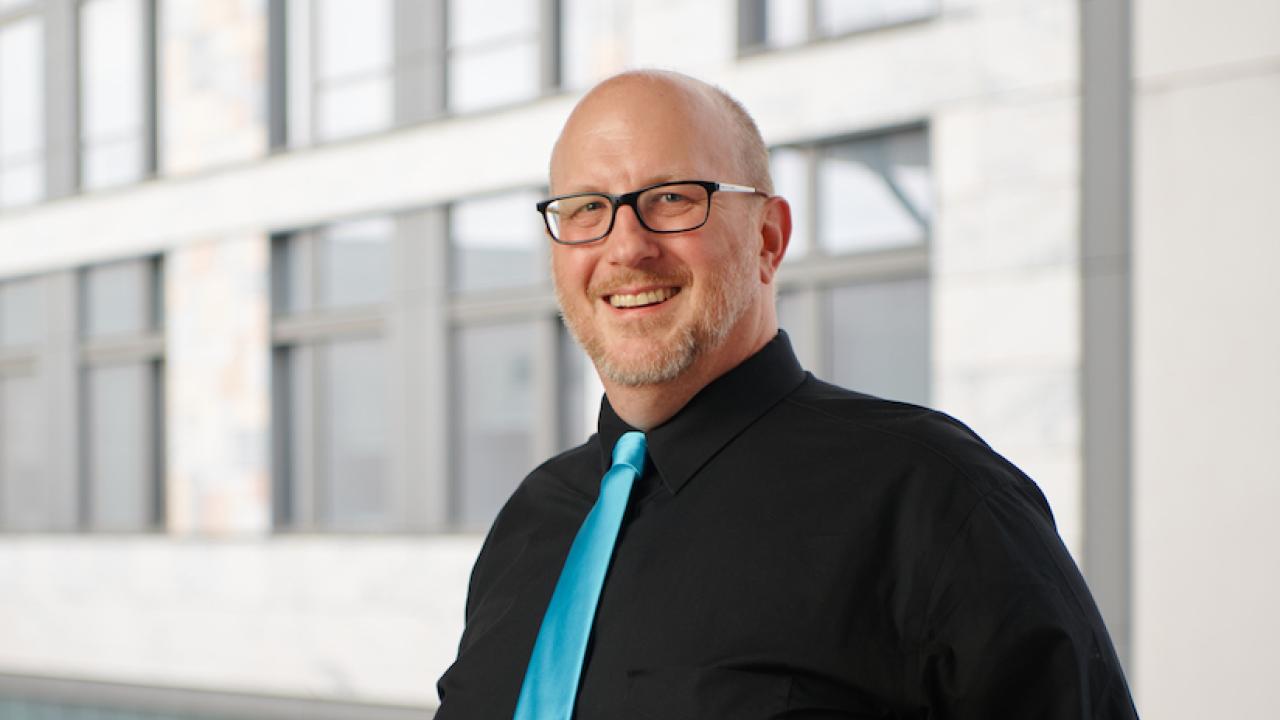Hubert Department of Global Health

On This Page
Department Overview
In the Hubert Department of Global Health (HDGH), we seek to understand and reduce global and local inequities in health and well-being. Through rigorous academic training, excellence in scientific research, and ethically engaged service and advocacy, we are improving health status and delivery systems around the world.
Advance Equity. Transform Lives.
GLOBAL HEALTHWhy HDGH?
student to faculty ratio
countries represented by students and fellows
of students feel supported by their faculty mentor
Programs
Programs in Global Health
Our programs equip you with the skills you need to solve public health challenges through a global lens. Working closely with faculty members, peers, and academic advisors, you’ll be well supported in personalizing your academic journey.
Our People

Our Leaders
The Hubert Department of Global Health prides itself on fostering a collaborative, interdisciplinary environment where faculty, staff, and students work together to tackle complex global health challenges.
Our Experts, Leading Global Health Solutions
Our Students Create Global Change
Our PhD students, studying either global health and development or nutrition and health science, create healthier communities around the world.

"What excited me about joining the global health department was its emphasis on implementation—using data not just to collect information, but to drive action. The curriculum provided me with a systems-thinking framework that connected various aspects of public health. Global health is about integrating elements across disciplines and departments to create real, cohesive, and lasting change.”
Camila Boynton, MPH '18
Research

Our Research
Research conducted by global health faculty is interdisciplinary, evidence-based, and has impacts in communities locally, nationally, and globally.
HDGH News
The Hubert Department of Global Health is proud of the groundbreaking research and progress our teams make to solve public health problems locally and globally, every day.

Rollins 2025 Annual Awards Ceremony Celebrates Exceptional Students, Faculty, and Staff
Rollins faculty, staff, and students came together on April 28 to celebrate community members during the 2025 Annual Rollins Awards Ceremony.

Health Wanted: World Tuberculosis Day
This week on Health Wanted, host Laurel Bristow and guest Kenneth Castro, MD, discuss the ongoing challenges of tuberculosis and the impact that recent cuts to the U.S. Agency for International Development budget are having on global tuberculosis efforts.

Violence Against Women a Growing Concern
Femicide and intimate partner violence destroys lives and harms children globally.

HPV Vaccination Is Safe, Effective
Robert Bednarczyk, PhD, discusses the HPV vaccine's role in cancer prevention.
Stay In Touch
Get in Touch:
Stephanie Jean Jacques, Assistant Director of Academic Programs
Follow Us:
Ready to Move Forward?
We are the #2 school of public health in the nation on a mission to move public health forward—join us.



